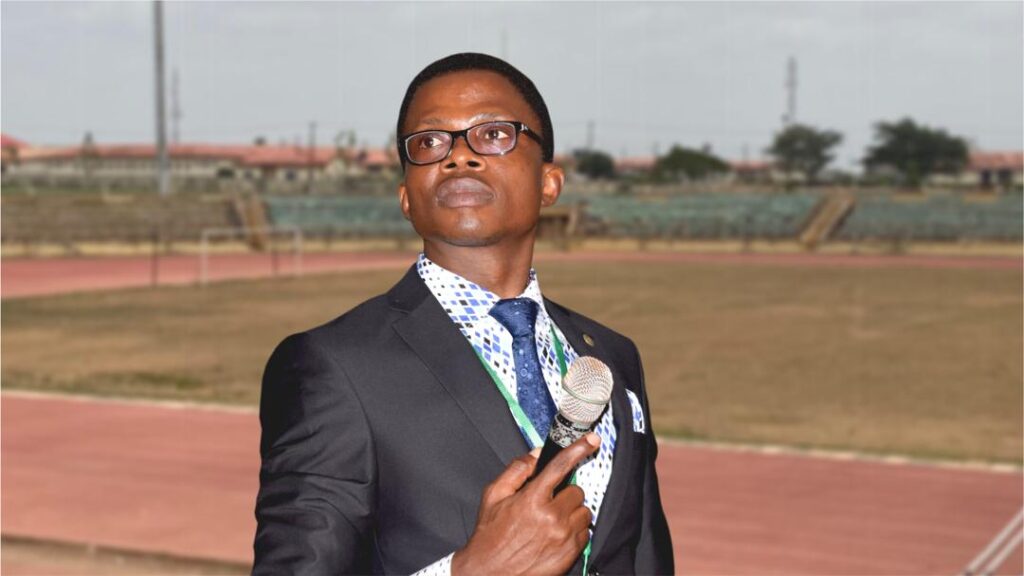
To learn about the emerging trends in electronic evidence, the Edo State Ministry of Justice, in collaboration with the Forum Against Counterfeiting, organised a workshop on the relevance and admissibility of electronically generated evidence for legal officers in the ministry.
The Edo State Attorney General and Commissioner for Justice, Oluwole Osaze Uzzi, in his welcome remarks, noted that the relevance of electronically generated documents has been an issue in the Nigerian judicial system, adding that there is no time than now to look at the various issues involved.
He said the objective of the workshop was to enrich lawyers working in the state on how to tender documents in the court through computer and other electronic gadgets.
According to him, it is also to enrich their knowledge on other relevant issues like fundamentals of legal research, judicial approach to admissibility of electronic evidence and the emerging principles.
He noted that it was for that reason that Judges (serving and retired) who have seen it all in the adjudication of matters relating thereof were assembled.
The workshop was divided into four sessions.
The first dwells on the critical appraisal of the relevance and admissibility of electronically generated evidence under the Evidence Act, delivered by Justice Alaba Ajileye (Rtd).
He also handled the second session on the judicial approach to admissibility of electronic evidence and emerging principles.
Justice Ajileye explained the three criteria for admissibility of electronically generated evidence, namely the relevance of the document to your case, satisfying the provisions of the law and facts that must be evidence pleaded.
The retired judge gave a historical background of Electronic Evidence, which according to him began in 1969 when the Supreme Court then posited that “the law must not be ignorant of modern times”.
Ajileye further gave a synopsis of how the court has fared regarding the recognition of electronic evidence, some of the cases decided by the court, circumstances and exceptions.
The third session was a paper on Judicial approach to the admissibility of evidence and the emerging principles.
Reconciling the Supreme Court’s decisions in Benjamin v. Kalio and Abdullahi v. Adetutu, delivered by Hon. Justice Peter Akhihiero, a Judge of the Edo State High Court.
The judgment dwelt on the unresolved conflicting authorities of the Superior Court in item 23 of Exclusive Legislative list that has to do with land instrument.
Senior Partner, PUNUKA Attorneys and Solicitors Dr. Anthony Idigbe (SAN), who spoke on fundamentals of legal research virtually, talked on the importance of research as a means of facilitating a matter in court.
He introduced a research acronym tagged: “TARP”, where T represents the thing or subject matter; A the cause of Action; R for Relief sought in a matter, and P for Persons or persons involved and their relationships.
The workshop also witnessed two panel discussions chaired by the Chief Judge of Edo State, Justice Daniel Okungbowa which featured discussants like Ogaga Ovrawa (SAN) former Attorney General and Commissioner for Justice, Edo State, Dr. Osagie Obayuwana, among others.
Earlier in his goodwill message, the Chief Judge of Edo State, Justice Daniel Okungbowa, noted that the workshop was in tandem with the state government’s stand to continue to upscale its judicial officers on modern tools in adjudication of justice.
Chairman, Nigeria Bar Association (NBA), Benin branch, Nosa Edo-Osagie said as the world is moving from the stone age to a digital age, the workshop remained very apt and an important topic for all.
“The law has risen to the fact that we are in a digital age, so electronically generated pieces of evidence are admissible to the extent that they are proveable. Globally, the idea of tendering evidence through electronic means has come to stay,” he declared.











